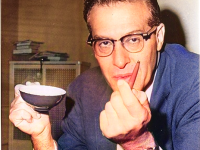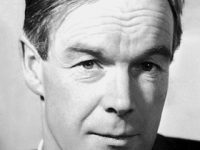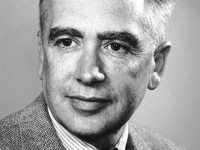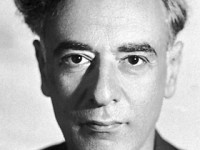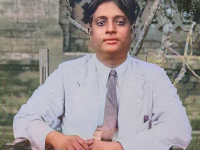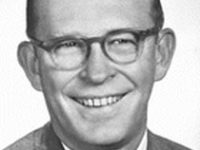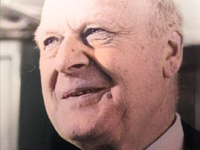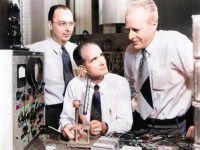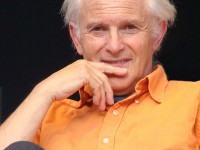Julian Schwinger and Quantum Electrodynamics
On February 12, 1918, US-american theoretical physicist and Nobel Laureate Julian Seymour Schwinger was born. Schwinger is best known for his work on the theory of quantum electrodynamics (QED), in particular for developing a relativistically invariant perturbation theory, and for renormalizing QED to one loop order. “Is the purpose of theoretical physics to be no more than a cataloging of all the things that can happen when particles interact with each other…
Read more

